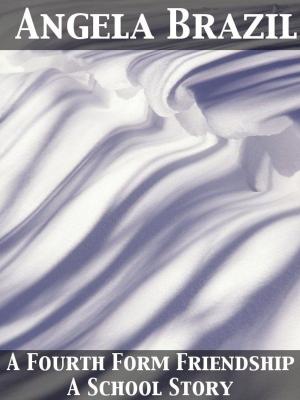| Author: | Thomas Roscoe, Silvio Pellico | ISBN: | 9782819943310 |
| Publisher: | Release Date: November 27, 2011 | Publication: | November 27, 2011 |
| Imprint: | pubOne.info | Language: | English |
| Author: | Thomas Roscoe, Silvio Pellico |
| ISBN: | 9782819943310 |
| Publisher: | Release Date: November 27, 2011 |
| Publication: | November 27, 2011 |
| Imprint: | pubOne.info |
| Language: | English |
Silvio Pellico was born at Saluzzo, in North Italy, in the year of the fall of the Bastille, 1789. His health as a child was feeble, his temper gentle, and he had the instincts of a poet. Before he was ten years old he had written a tragedy on a theme taken from Macpherson's Ossian. His chief delight as a boy was in acting plays with other children, and he acquired from his father a strong interest in the patriotic movements of the time. He fastened upon French literature during a stay of some years at Lyons with a relation of his mother's. Ugo Foscolo's Sepolcri revived his patriotism, and in 1810, at the age of twenty-one, he returned to Italy. He taught French in the Soldiers' Orphans' School at Milan. At Milan he was admitted to the friendship of Vincenzo Monti, a poet then touching his sixtieth year, and of the younger Ugo Foscolo, by whose writings he had been powerfully stirred, and to whom he became closely bound. Silvio Pellico wrote in classical form a tragedy, Laodicea, and then, following the national or romantic school, for a famous actress of that time, another tragedy, Francesca di Rimini, which was received with great applause
Silvio Pellico was born at Saluzzo, in North Italy, in the year of the fall of the Bastille, 1789. His health as a child was feeble, his temper gentle, and he had the instincts of a poet. Before he was ten years old he had written a tragedy on a theme taken from Macpherson's Ossian. His chief delight as a boy was in acting plays with other children, and he acquired from his father a strong interest in the patriotic movements of the time. He fastened upon French literature during a stay of some years at Lyons with a relation of his mother's. Ugo Foscolo's Sepolcri revived his patriotism, and in 1810, at the age of twenty-one, he returned to Italy. He taught French in the Soldiers' Orphans' School at Milan. At Milan he was admitted to the friendship of Vincenzo Monti, a poet then touching his sixtieth year, and of the younger Ugo Foscolo, by whose writings he had been powerfully stirred, and to whom he became closely bound. Silvio Pellico wrote in classical form a tragedy, Laodicea, and then, following the national or romantic school, for a famous actress of that time, another tragedy, Francesca di Rimini, which was received with great applause















